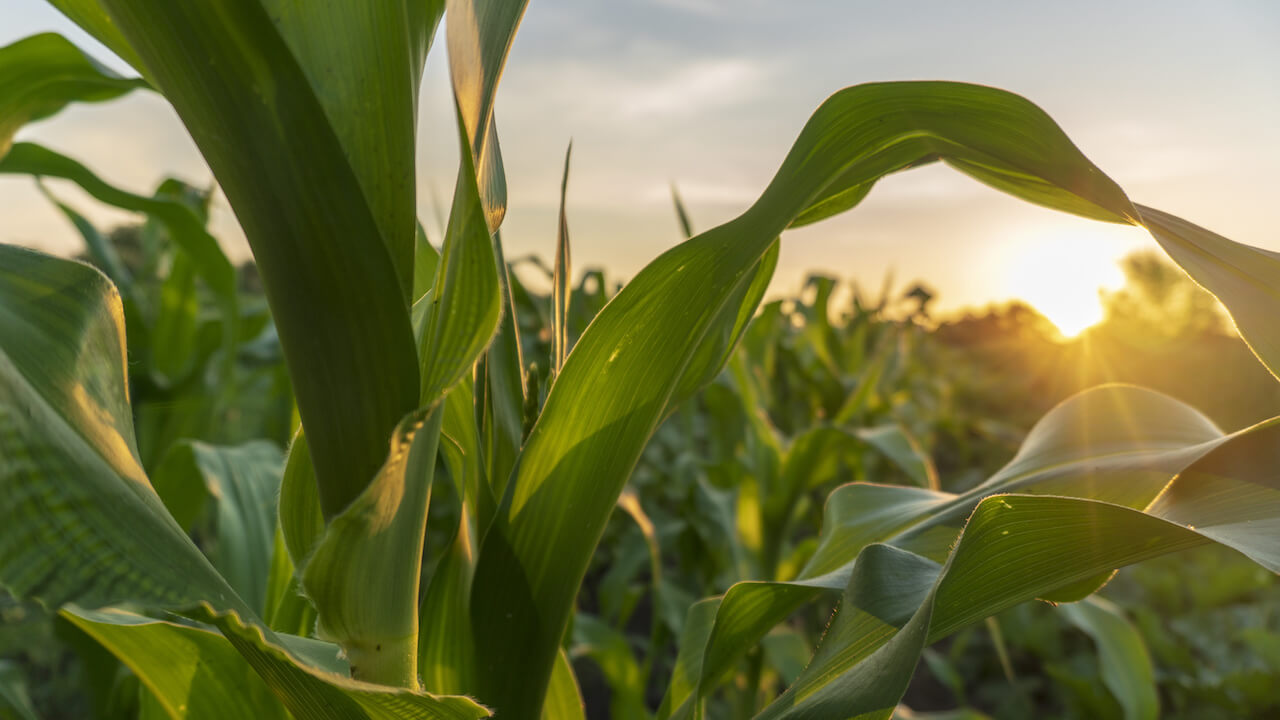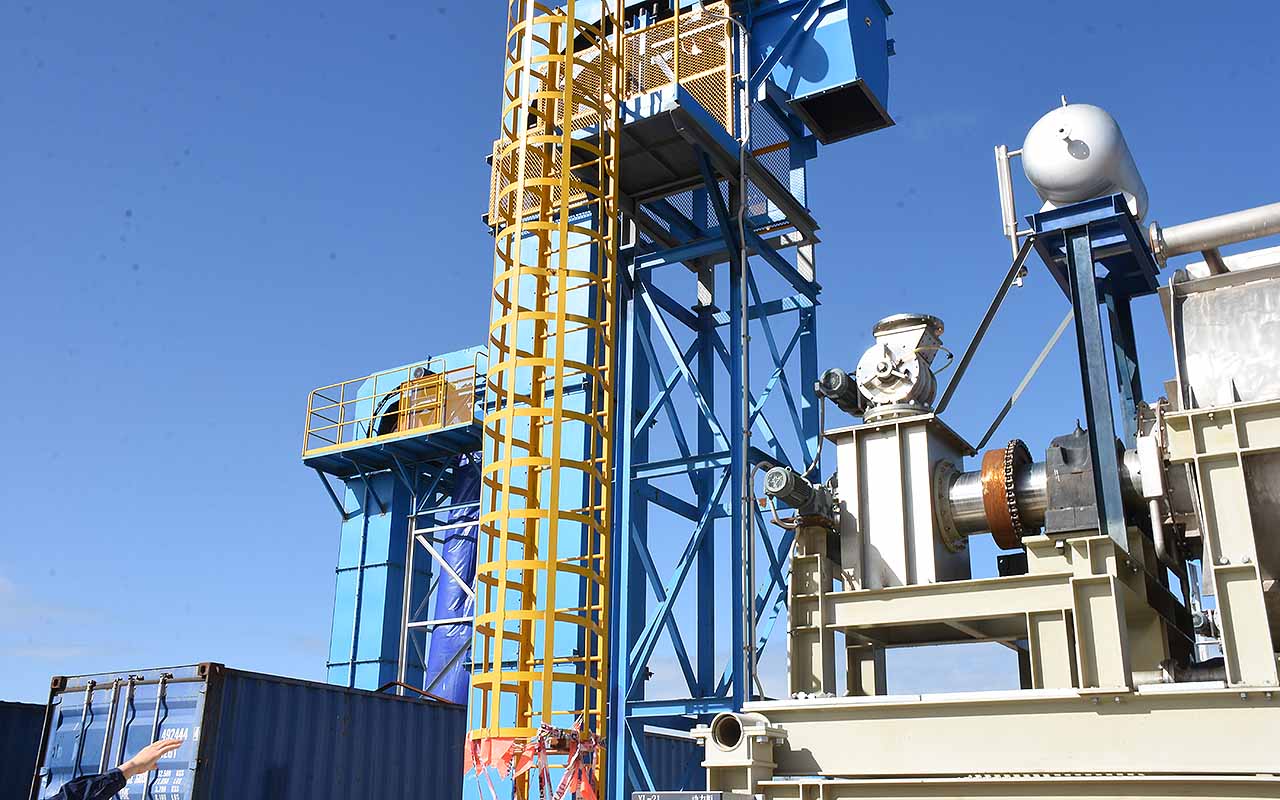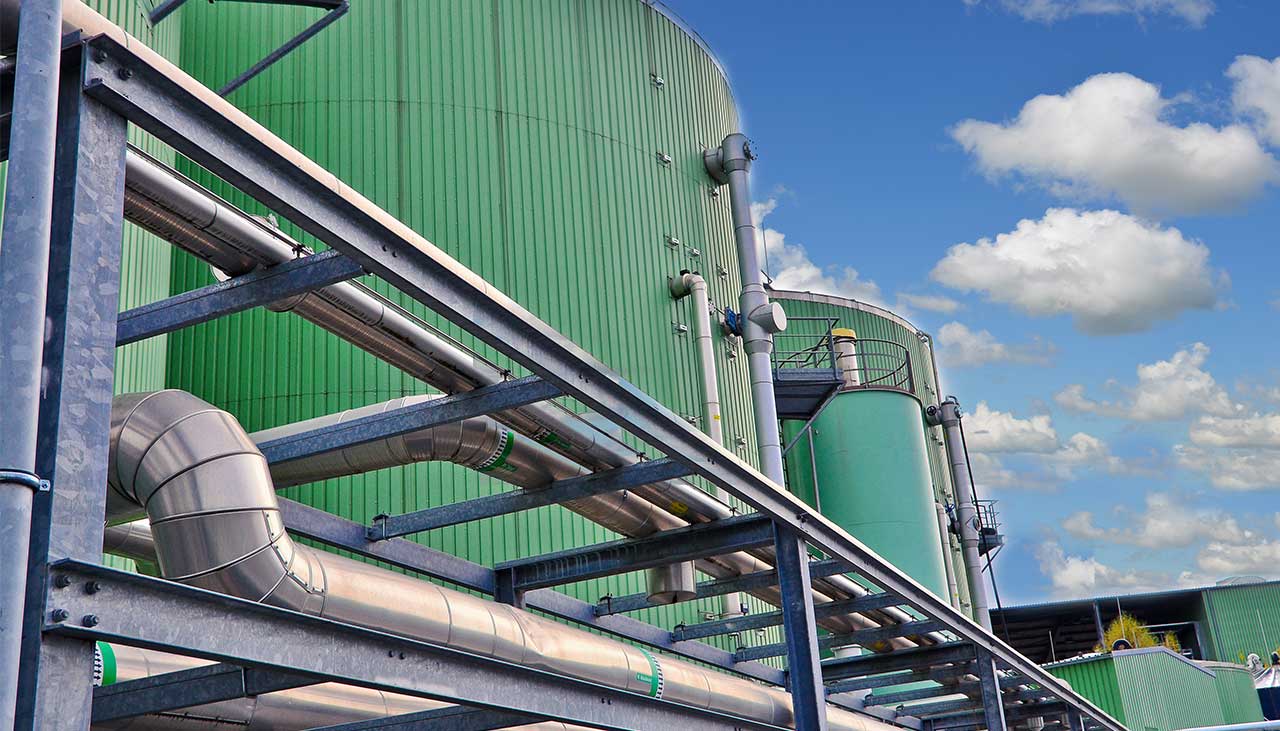Summary
The SA1 Biomethane Upgrading Project will process commercial & industrial (C&I) food waste into biomethane for injection into the gas network and biogenic CO2 for commercial use.
Need
The Project will process approximately 70,000 tpa of C&I food waste, diverting it from landfill to mitigate methane emissions and generate Australian carbon credit units (ACCUs).
The biomethane will be injected into Australian Gas Network’s South Australia gas network where Renewable Gas Guarantees of Origin (RGGOs) will be generated and sold to support industrial users to reduce their scope 1 emissions.
The biogenic commercial-grade CO2 produced by the facility will be liquefied and sold to help reduce regional supply shortages.
Without this project, landfill methane emissions would persist, and businesses would continue relying on fossil fuel based natural gas and CO2 sources, limiting decarbonisation efforts.
Action
The biomethane upgrading facility will utilise anaerobic digestion technology to process C&I food waste into biogas, which will subsequently be upgraded to the following products:
- Renewable biomethane, injected into the natural gas distribution network;
- Commercial grade biogenic CO2, to be sold to industrial customers;
- Digestate, to be concentrated and sold as a liquid fertiliser product;
- Electricity and heat generation using biogas in a combined heat and power system to power the facility, enhancing energy self-sufficiency.
The Project is to be enrolled in GreenPower’s Renewable Gas Certification scheme with the biomethane and associated RGGOs to be purchased by industrial users to reduce scope 1 emissions associated with natural gas usage at manufacturing facilities. Biogenic CO2 produced by the facility will be liquefied and sold to customers to help reduce regional supply shortages.
Outcome
The objectives for the Project will be achieved through the following Outcomes:
- Support the demonstration of biomethane as a pathway for process heat decarbonisation.
- Advance the technical and commercial readiness of biomethane upgrading technologies.
- Demonstration of value stacking to support the economics of anaerobic digestion and biomethane upgrading.
- Demonstration of new end users for commercial and industrial food and organic waste.
Additional impact
- Job Creation: The project will create direct and indirect employment opportunities in construction, operation, and maintenance.
- Knowledge Sharing: Insights gained from the project will support industry best practices and future biomethane adoption.
- Community Benefits: Reduction in landfill waste, lower emissions, and enhanced local supply of renewable energy and CO2.




